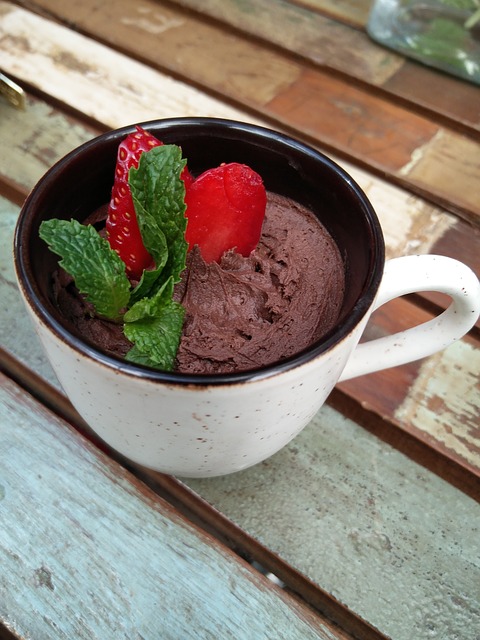5 Foods that Lower High Blood Pressure
If you struggle with high blood pressure, it can often times feel like you’re climbing an uphill battle and getting nowhere.
Avoiding caffeine and foods that are low in sodium are par for the course when you have high blood pressure, but what about foods that may actually be able to help lower it?
We’ve put together a list of 5 foods that combat high blood pressure. Rather than telling you what you should avoid, we’re here to give you some options of things you can start incorporating into your daily diet right now that are known for their ability in assisting to lower high blood pressure.
Leafy Greens
You knew this was coming, right? Leafy greens tend to make every healthy food options list and for good reason. They’re chock full of powerful vitamins and minerals.
In the case of using leafy greens to lower high blood pressure, focus on eating the ones that are high in potassium because it will assist your kidneys in getting rid of more sodium through your urine and consequently, lowering your high blood pressure.
Romaine lettuce, spinach, kale, and collard greens are great sources of potassium in leafy greens.
Not a fan of the green stuff? Throw it in a blender with your favorite fruits, some nut milk, and a bit of ice to make a delicious, heart-healthy smoothie. With a taste that good, your mouth will never even know you’re getting in your greens!
Blueberries
Blueberries made our list of 7 Immune Boosting Foods for Seniors, and the powerful punch these little guys have doesn’t stop there.
Blueberries are helpful in lowering high blood pressure because they’re loaded with flavonoids – a natural compound known for preventing hypertension as well as lowering it once you’re already there.
Chocolate
No, it’s not a trick. Chocolate has actually made our list for 5 foods that lower high blood pressure, dark chocolate to be exact.
Studies show that consuming dark chocolate can lower your risk for cardiovascular disease. Plus, eating chocolate tends to make people happy, and the happier you are, the better chance you have to prevent hypertension.
Just consume dark chocolate with care. Like with anything in life, too much of a good thing can be a bad thing.
Pomegranates
These beautiful and juicy fruits can have fast effects in lowering your high blood pressure. Not only are they quite capable in fighting hypertension, they can decrease the plaque build up in your arteries, improve your cholesterol, and reduce your risk of heart disease.
You can enjoy adding pomegranates to your diet by eating the fruit raw or drinking it in the form of juice. If you choose to go the drinking route, just make sure to watch for sugar content. Store-bought fruit juice can contain quite a lot more sugar, which may increase your health risks elsewhere.
Oatmeal
Adding whole-grain foods to your diet is a great avenue for lowering high blood pressure. Whole-grain foods offer valuable nutrients like fiber, magnesium, folate, and iron as well as potassium, which aids in reducing the sodium content in your body.
Not only is oatmeal stacked with these nutrients, but it’s also a perfect way to jump start your day with fuel from a high-fiber and low-fat source.
Make your morning routine a breeze and your oatmeal preparation fast and easy with this no-cook recipe for overnight oats. Exchange those chocolate chips for dark chocolate chips, and you’ve just amplified your breakfast bowl power.
Pssst….those bananas in your oats? They’re good for lowering high blood pressure, too!
When you realize that there are real and viable ways to help reduce your high blood pressure right at your fingertips, it can make climbing that uphill battle seem more like a walk to the park.
For more ways you can help lower high blood pressure, give the expert staff at Elmhurst Extended Care Center a call! Our highly-trained and experienced dietitians are skilled in powerful food knowledge for heart health.
Bonus tip: try substituting your canned veggies for frozen ones. Canned vegetables have added sodium while frozen are just like getting them straight from the earth, they’re just a tad colder.

